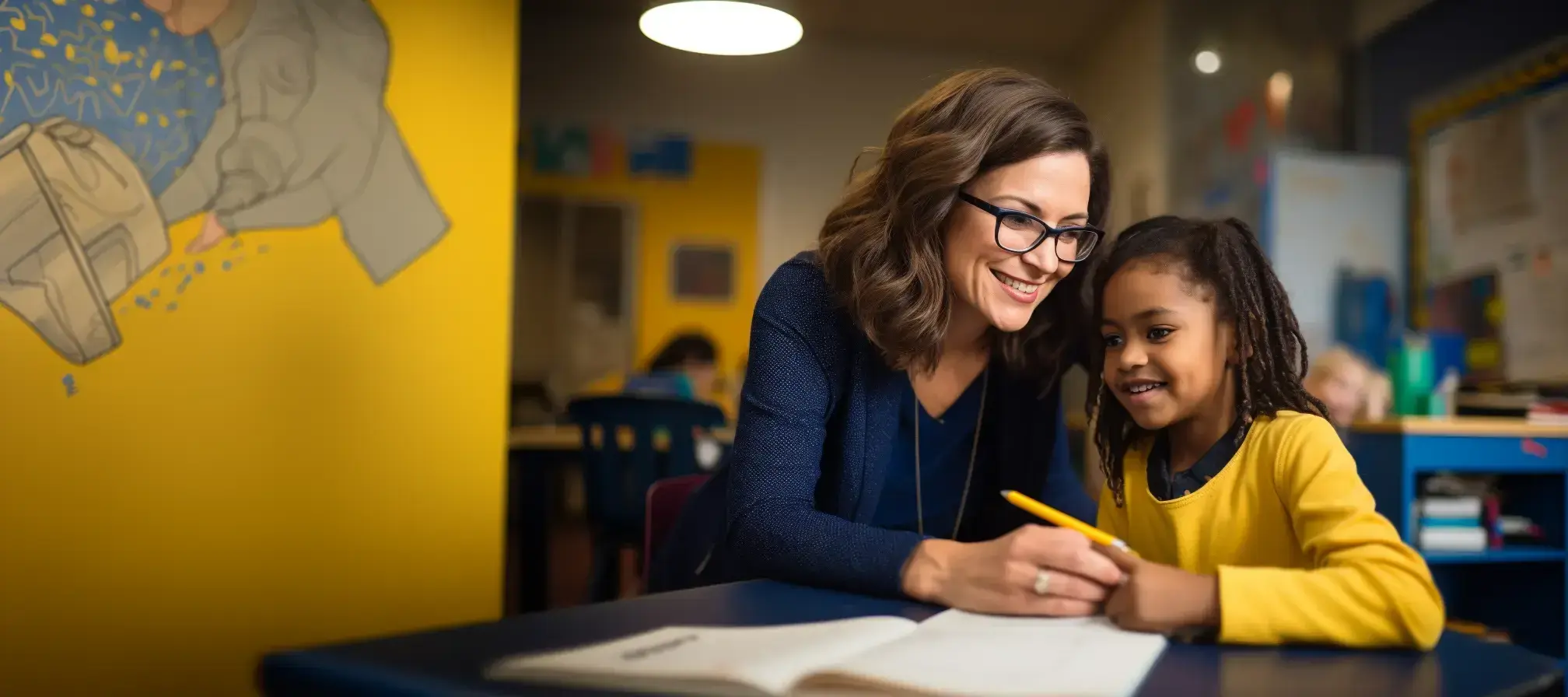
How to Help Students Who Are Not Good at Remembering Written Words
Learning Differences
Techniques , Learning & Thinking
More educators are coming to realize the central importance of phonics skills in helping students independently identify new words. However, less discussed is the reality that even with good phonics instruction, many students are still weak readers because they do not efficiently remember words. The presentation will explain orthographic mapping, the process we use to store words in long-term memory for instant, effortless retrieval. It will also explain why some students struggle with this, and what can be done about it.
David A. Kilpatrick, PhD is a professor emeritus of psychology for the State University of New York at Cortland. He is a New York State certified school psychologist with 28 years’ experience in schools. He has been teaching courses in learning disabilities and educational psychology since 1994. David is a reading researcher and the author of two books on reading, Essentials of Assessing, Preventing, and Overcoming Reading Difficulties, and Equipped for Reading Success, and is a co-editor of a third, Reading Development and Difficulties: Bridging the Gap Between Research and Practice.